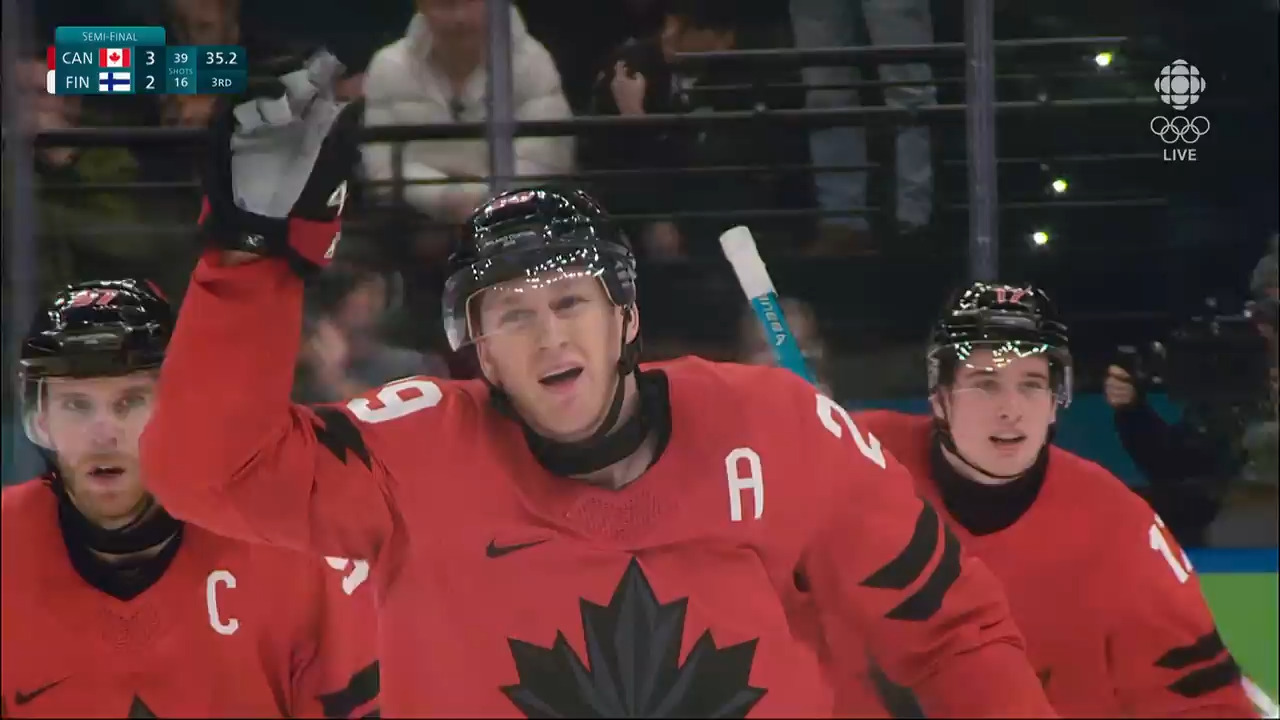
EDMONTON — It was supposed to be a measuring stick, this first-place clash with the division-leading Toronto Maple Leafs.
The measuring stick, it seems, may now have to be surgically removed.
How badly did it get for the Edmonton Oilers, losers by scores of 4-0, 3-0, and in Wednesday’s finale, 6-1?
“They embarrassed us three games in a row. That’s a tough one to swallow,” said defenceman Tyson Barrie, pointless in all three games, like so many others.
There isn’t a single element of the sport of hockey that Edmonton can claim to have executed better than Toronto through nine periods of hockey, so thorough was the defeat.
Whether it’s a tangible, like winning battles or scoring goals, or intangibles — like heart — the Leafs had more and did it better.
As such, everything about this Oilers team is open for question.
“It’s very concerning,” said a grave head coach Dave Tippett. “Very concerning that we don’t want to grab the competitive level in a series like this.”
The Oilers entered the series four points behind Toronto and in second place. They exit the series 10 points out and in third.
Are the Leafs really this much better than Edmonton?
“I’d love to answer that question,” said Connor McDavid. “I’m not sure what it is.”
McDavid and Leon Draisaitl, together, produced less in three games than Leafs fourth-liner Jimmy Vesey did with two goals in a 14-minute span Wednesday. They came up small as small can be, and the rest of the team followed.
“Not good enough,” said Draisaitl. “We just didn’t win any battles. So many little scrums, we seemed to never get the puck out of it.”
In goal, the Leafs ran three goalies out on successive games and collected six points, while Edmonton’s two netminders were solved early and often in every game by Toronto shooters. Edmonton’s goaltending was exploited, plain and simple, as were a few other things about the men in orange.
Heck, we’ll bet Toronto’s masseuse was even better than the Oilers masseuse. And the copy from Chris Johnston and Luke Fox? Don’t even get me started on how much better their stuff was than mine this week…
The strange thing was that the Oilers came in here red hot, the NHL’s best team in February and authors of an 11-2 run. Then, boom — the Ferrari ran right into a brick wall.
“It’s still not a bad run — 11-5,” reasoned McDavid. “Not happy with the three losses, and the way they went on. But we can’t forget about some of the positives that we built. We put ourselves in a decent spot, and now we’re back in the thick of it.”
What next?
“We have to sit down and talk about it, figure out what exactly happened, then take those lessons and move on,” the captain said.
Whoa, said Tippett.
“That’s a real good dose of reality for us right there,” he said. “We’ve got lots of important games, but if we come out and play like that those games won’t mean anything. You can’t put it behind you. You have to recognize what you’re doing. Recognize how you played.
“If you don’t recognize it’s awful hard to fix it. We’ve got a lot of recognition to do over the next couple of days.”
For me, the exercise was summed at the 7:50 mark of the opening period on Wednesday. The Oilers had started exceptionally well, but were down 1-0 when Draisaitl broke in on a two-on-one with Kailer Yamamoto.
Draisaitl tried to pass and the puck but it never made it through to his winger, another one of countless chances thwarted by the Leafs defence. As the two Oilers skated to the bench to change, Draisaitl — in full view of the entire Leafs bench — slammed his stick on the ice and looked skyward, clearly frustrated.
Here we were, not 15 minutes into the game, and the opponent was looking at one of Oilers’ leaders, nudging each other quietly and saying, “We’ve got these guys already.”
For the second of three games Edmonton did not receive a power play.
“You’ve got to have the puck to generate power plays,” McDavid said.
If this week showed us something, it is that there is still something missing in Edmonton. Some level of competition, some manner of grabbing hold of a problem and willing it in another direction.
Lose once? Sure. Lose twice, it happens.
But this?
This wasn’t a lesson. It was a warning.





